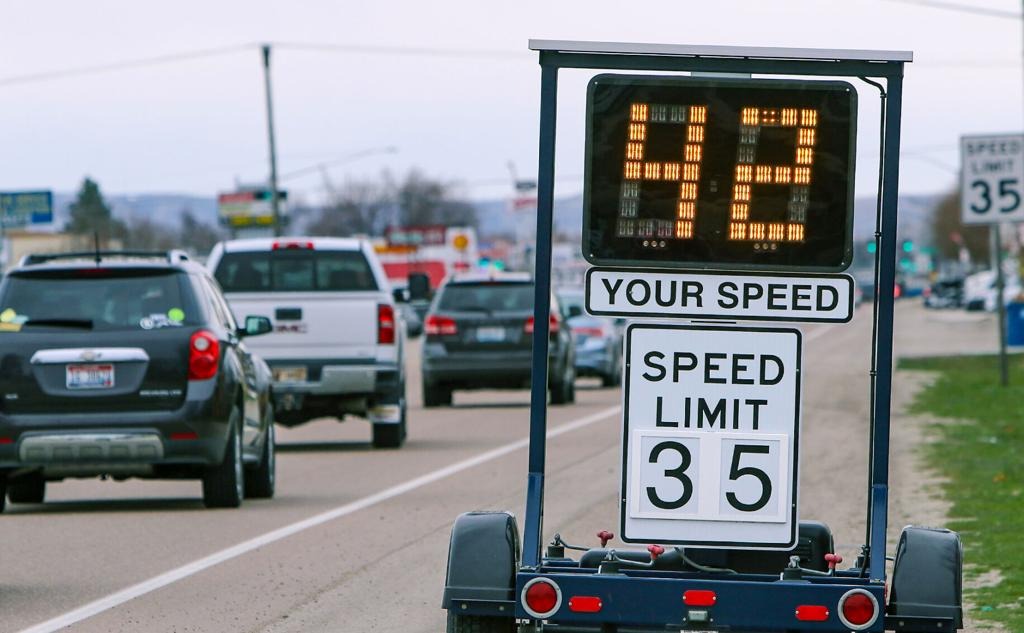Connor Cato, a Georgia driver, was shocked after he received a $1.4 million speeding ticket for going 90 mph in a 55 mph zone in Savannah. At first, he thought it was a mistake by the police but when he informed the police and contacted the court, he was informed to either attend a court hearing in December or pay the fine. Although Cato was expecting to get a speeding ticket, he never in his wildest dreams imagined that it would be for over $1 million.
Connor said that the enormous amount was essentially a “placeholder” according to the city staff informed him that computer software had automatically generated. “‘One-point-four million dollars,’ the lady told me on the phone,” Cato told the station. “I said, ‘This might be a typo,’ and she said, ‘No sir, you either pay the amount on the ticket or you come to court on Dec. 21 at 1:30 p.m.'”

Anyone caught exceeding the speed limit by more than 35 mph is required to make a court appearance according to officials in Savannah. During this court session, a judge will determine the actual fine based on the circumstances while speeding.
A spokesman for Savannah’s city government, Joshua Peacock shed light on the situation. He explained that the $1.4 million figure that is a placeholder amount is automatically generated through the e-citation software employed by the local Recorder’s Court. According to city officials, the fines for such offences can go up to $1,000.
The court is adjusting the placeholder language to avoid any future confusion, Peacock said.

“The city did not implement the placeholder amount to force or scare people into court,” the City of Savannah said in a statement to WSAV-TV. “The programmers who designed the software used the largest number possible because super speeder tickets are a mandatory court appearance and do not have a fine amount attached to them when issued by police.”

“We do not issue that placeholder as a threat to scare anybody into court, even if this person heard differently from somebody in our organization,” Peacock assured news agency ‘The Associated Press.’



